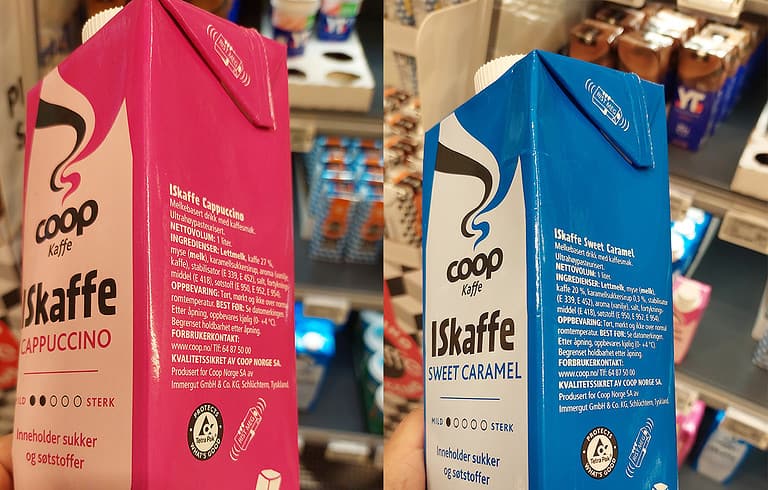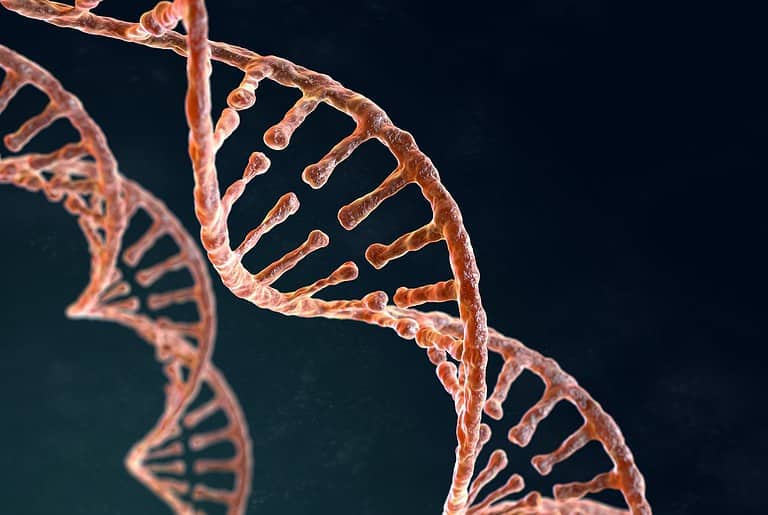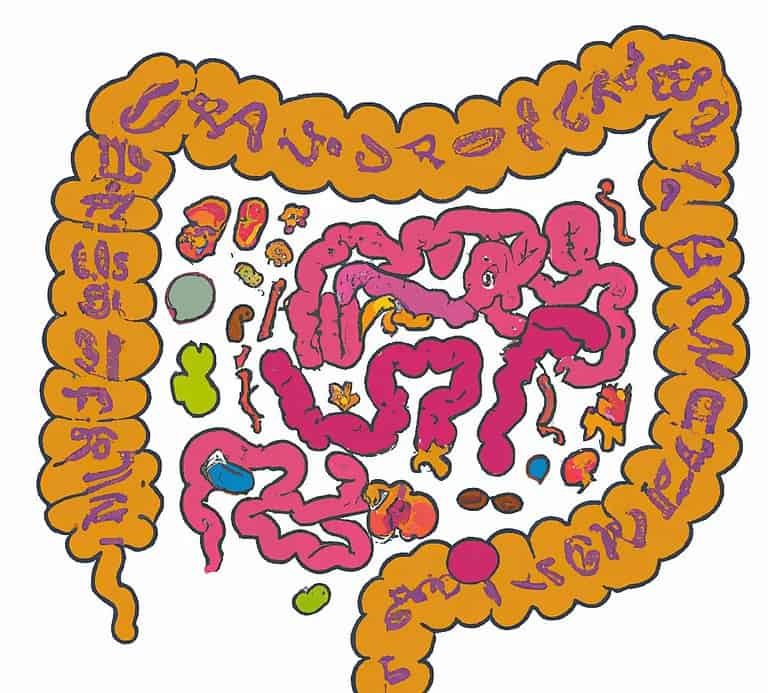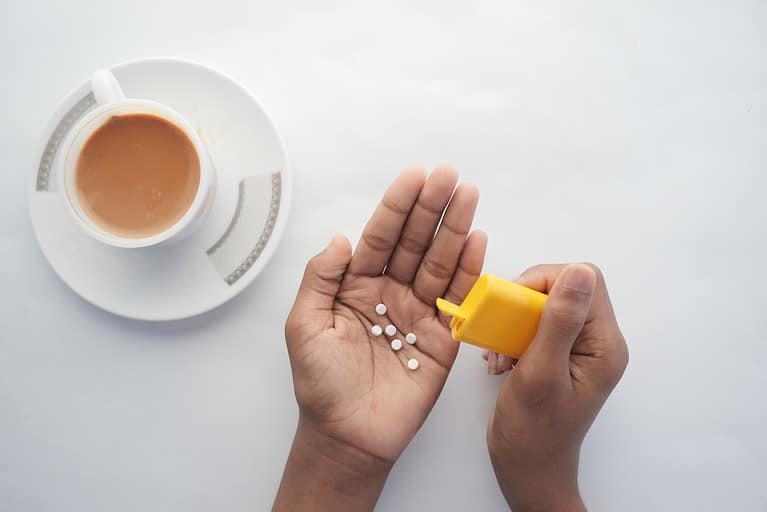Introduction
Artificial sweeteners have gained popularity as low-calorie alternatives to sugar in various food and beverage products. While they offer the sweet taste without the added calories, recent research suggests that these sugar substitutes may have unintended consequences on the delicate balance of bacteria in the gut, known as the gut microbiota. The gut microbiota plays a crucial role in maintaining overall health and well-being. This article explores the potential impact of artificial sweeteners on gut bacteria and the implications for human health.
- Effects on Gut Microbiota Diversity
Studies have shown that artificial sweeteners, such as aspartame and saccharin, can alter the composition and diversity of the gut microbiota. A study conducted by Suez et al. (2014) found that mice treated with artificial sweeteners exhibited a distinct microbial profile compared to those given glucose. This disruption in the gut microbiota may have implications for metabolic disorders, including obesity and diabetes.
- Increased Risk of Metabolic Disorders
The alteration of gut microbiota by artificial sweeteners has been linked to an increased risk of metabolic disorders. A study by Jang et al. (2018) demonstrated that long-term consumption of artificial sweeteners led to glucose intolerance in mice by inducing unfavorable changes in the gut microbiota. Similar results were observed in a human study by Peters et al. (2014), suggesting a potential link between artificial sweeteners, gut bacteria, and metabolic dysfunction in humans.
- Impaired Glucose Regulation
Emerging evidence suggests that artificial sweeteners can interfere with glucose regulation by affecting the gut microbiota. A study conducted by Qin et al. (2018) found that certain artificial sweeteners disrupted the gut microbiota, leading to impaired glucose tolerance in mice. The researchers also observed changes in the production of short-chain fatty acids, which are important for maintaining glucose homeostasis.
- Negative Impact on Satiety and Weight Management
Artificial sweeteners may have a negative impact on satiety and weight management due to their influence on gut bacteria. Research by Suez et al. (2014) demonstrated that mice treated with artificial sweeteners developed glucose intolerance and increased food consumption. The altered gut microbiota affected the production of satiety-regulating hormones, potentially contributing to weight gain and metabolic disturbances.
- Potential for Gut Dysbiosis
The disruption of gut microbiota by artificial sweeteners may lead to gut dysbiosis, an imbalance in the microbial community associated with various health problems. A study by Bian et al. (2017) showed that artificial sweeteners induced dysbiosis in mice, characterized by changes in the relative abundance of specific bacterial groups. Dysbiosis has been linked to conditions such as inflammatory bowel disease, irritable bowel syndrome, and obesity.
Conclusion
While artificial sweeteners offer a low-calorie alternative to sugar, their impact on gut bacteria should not be overlooked. Evidence suggests that these sugar substitutes may disrupt the delicate balance of the gut microbiota, potentially contributing to metabolic disorders, impaired glucose regulation, weight management issues, and gut dysbiosis. Further research is needed to fully understand the mechanisms underlying these effects and their implications for human health. In the meantime, moderation in the consumption of artificial sweeteners and a balanced diet remain important factors in maintaining a healthy gut microbiota.

![biome-intestine[1] biome-intestine[1]](https://syntheticsweeteners.com/wp-content/uploads/elementor/thumbs/biome-intestine1-q74j42u893pnp4q4ab9jrtipkiijcrfewg3l6eeil0.jpg)




